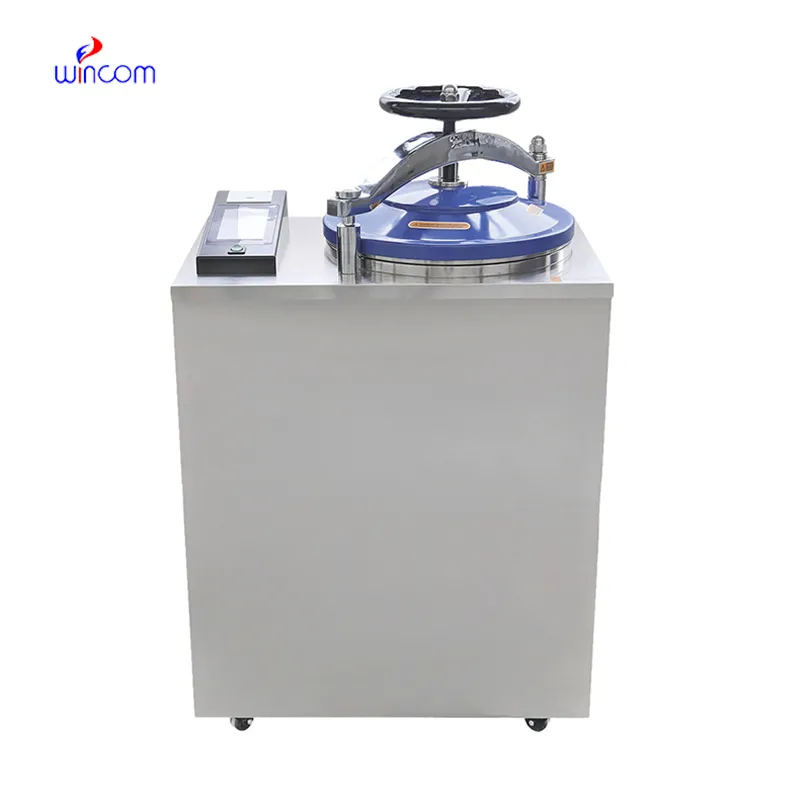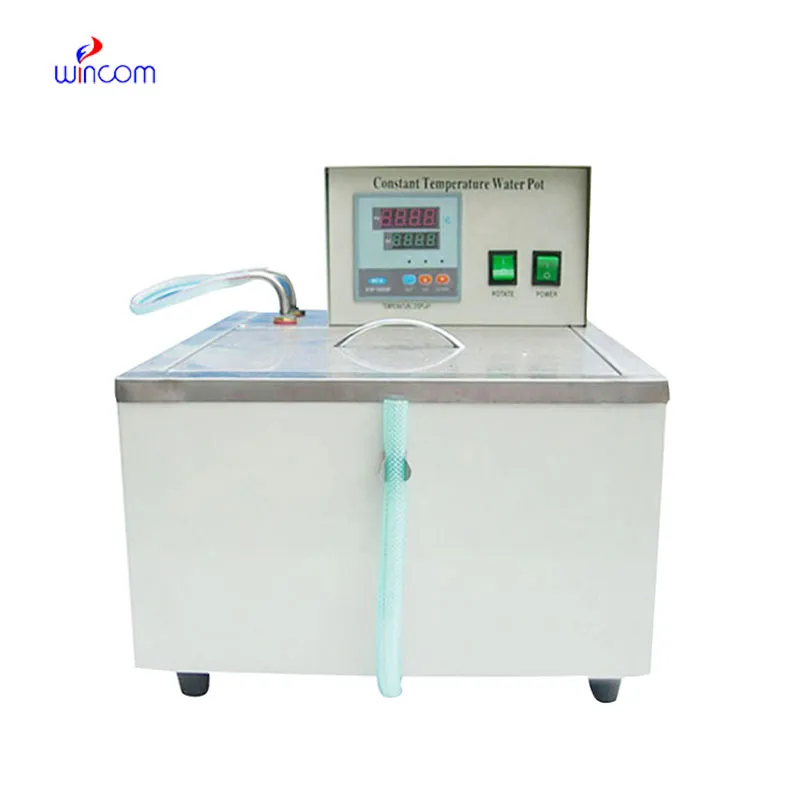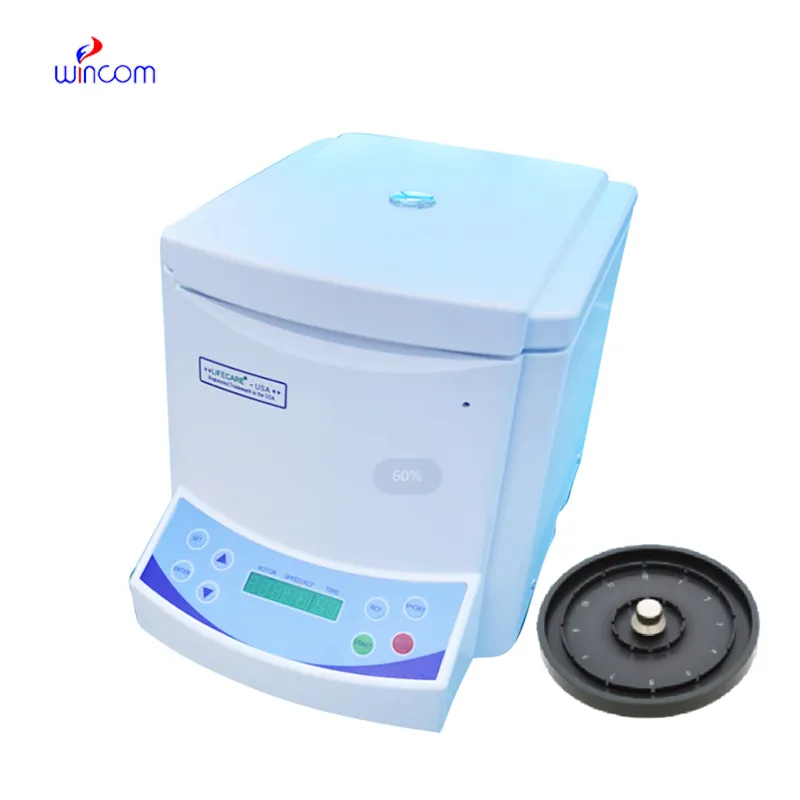
The cost of an mri machine is constructed using stable cooling systems and advanced electronics to ensure continuous stable operation. It is capable of conducting structural and functional scans at the same time using its multi-mode imaging mode. The cost of an mri machine further has data sharing capabilities to enable seamless communication across hospital departments.

In spinal tests, the cost of an mri machine offers precise cross-sectional images of discs, vertebrae, and nerve roots. It helps diagnose disc degenerative disorders, herniated discs, and compression of the spinal cord. Unbelievable accuracy is achieved in measuring alignment and detecting inflammation by doctors using the cost of an mri machine.

Tomorrow's cost of an mri machine will consist of advanced AI diagnostics that scan for abnormalities in real time. Wheel-equipped MRI units will soon be commonplace, bringing access to rural or emergency settings. The cost of an mri machine will play a key role in predictive medicine by reading changes in physiology before symptoms manifest.

Daily radiofrequency and magnetic system calibration is required for the preservation of the cost of an mri machine. Gradient performance, cooling system, and level of cryogens are to be monitored by technicians. The cost of an mri machine should be cleaned frequently, and cables or connectors inspected for wear to prevent data transmission errors and downtime.
The cost of an mri machine is the most sophisticated diagnostic imaging technology, forming high-definition images with precise cross-sections of the body. It enables physicians to scan deep tissue structures without jeopardizing it. The cost of an mri machine is extensively used in neurology, cardiology, and musculoskeletal medicine.
Q: What should patients avoid before an MRI scan? A: Patients should avoid wearing metal objects, such as jewelry, watches, or hairpins, as these can interfere with the MRI machine's magnetic field. Q: How does MRI help in brain imaging? A: MRI provides detailed views of brain structures, helping detect conditions such as tumors, aneurysms, multiple sclerosis, and stroke-related damage. Q: Can MRI scans be performed on children? A: Yes, MRI is safe for children since it doesn’t use radiation. In some cases, mild sedation may be used to help young patients remain still during scanning. Q: What is functional MRI (fMRI)? A: Functional MRI measures brain activity by detecting changes in blood flow, allowing researchers and doctors to study brain function and neural connectivity. Q: How are MRI images interpreted? A: Radiologists analyze the images produced by the MRI machine to identify abnormalities, tissue differences, or structural changes that are relevant to the diagnosis.
The water bath performs consistently and maintains a stable temperature even during long experiments. It’s reliable and easy to operate.
The centrifuge operates quietly and efficiently. It’s compact but surprisingly powerful, making it perfect for daily lab use.
To protect the privacy of our buyers, only public service email domains like Gmail, Yahoo, and MSN will be displayed. Additionally, only a limited portion of the inquiry content will be shown.
Hello, I’m interested in your centrifuge models for laboratory use. Could you please send me more ...
We are planning to upgrade our imaging department and would like more information on your mri machin...
E-mail: [email protected]
Tel: +86-731-84176622
+86-731-84136655
Address: Rm.1507,Xinsancheng Plaza. No.58, Renmin Road(E),Changsha,Hunan,China